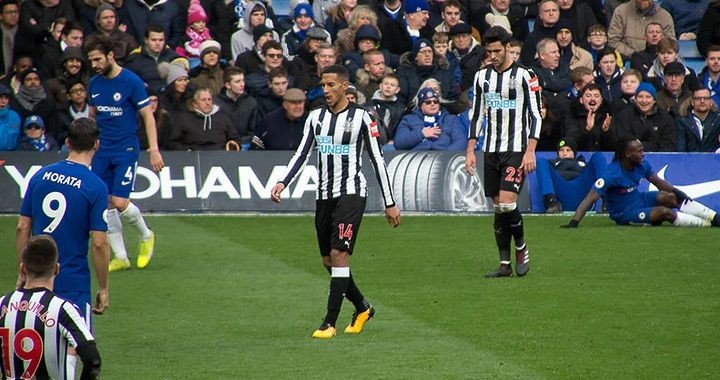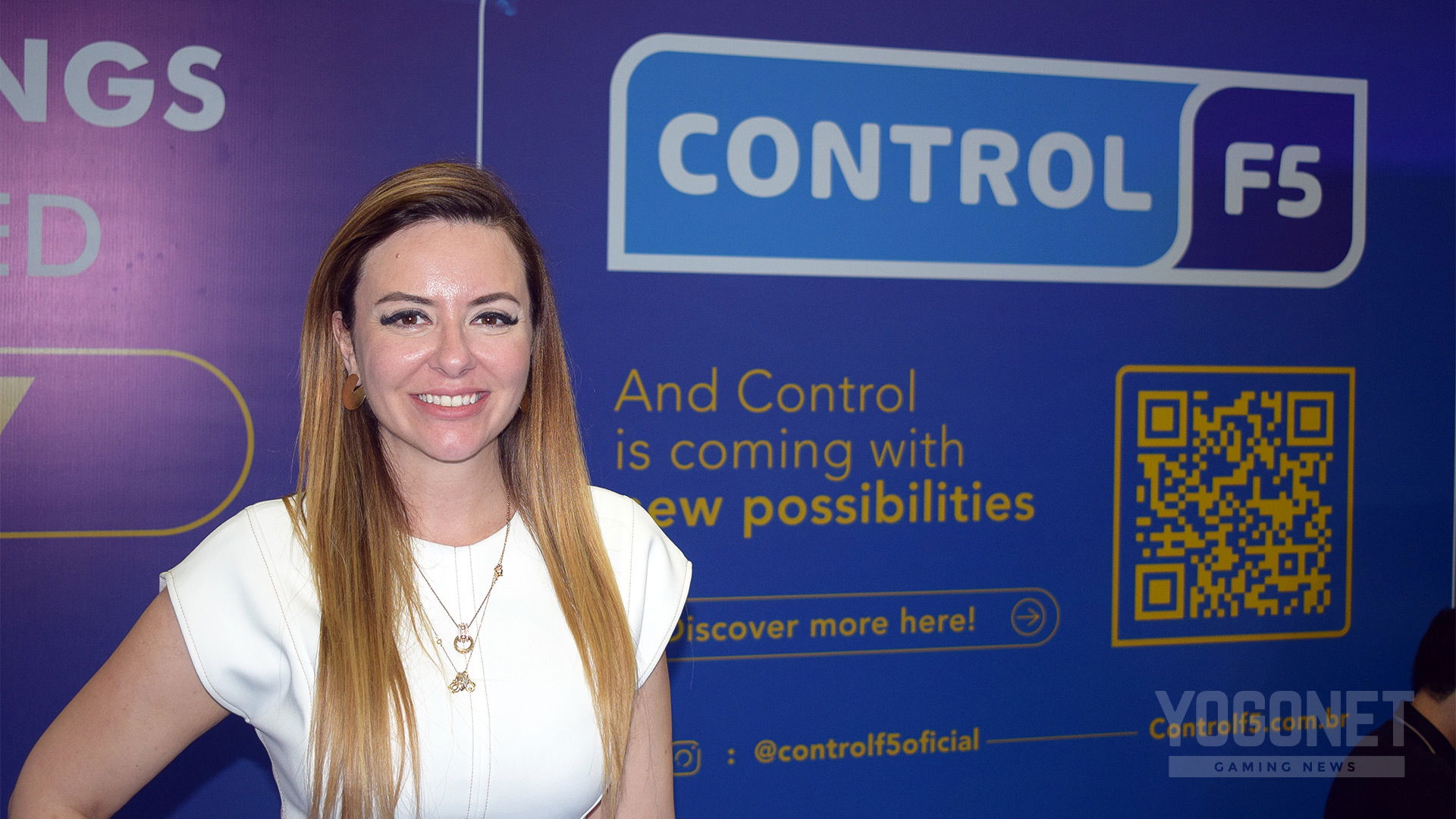UK: sports sponsorship spend is under-exploited by USD 18.3 B in revenues, study shows

Business spending on sports sponsorship is set to grow by 4% to £35 billion (USD 45.8 B) globally in 2019, but rights-holders, such as leagues, teams or tournaments, are under-exploiting sponsorship deals, according to a new report.
A research released on 2 May by agency Two Circles shows that there could be an extra £14 billion (USD 18.3 B) in revenues being unrealized because of outdated rights packaging, unsold inventory and unreported engagement. Collectively, sports rights-holders’ sponsorship assets are worth £49 billion globally. The study also says sport has to move beyond backers such as carmakers, financial services, airlines and gambling.
"Most rights-holders continue to package and sell sponsorship just as they did 20 years ago - offering brand exposure through linear (TV) broadcast coverage as the main benefit for brands," says Two Circles CEO Gareth Balch. He said the power of digital marketing was still not being fully utilised by sporting bodies.
"Rights-holders are adapting," Balch added, "and we predict a sports sponsorship correction". "By embracing the power of digital and data to create sponsorship assets that better satisfy the objectives of brands, rights-holders will realise the true value of their sponsorship businesses."
Research found rights-holders have under-exploited their sponsorship businesses by £12 billion (USD 15.7 B) a year on average since 2014. This is despite sports sponsorship spend growing by 4% on average during the same period, demonstrating sport’s position as a powerful gateway between brands and engaged audiences. Two Circles predicts spend on sponsorship will increase by 6% on average year-on-year between 2020 and 2024 to hit £48 billion (USD 62.8 B) overall by the end of the period.
The report comes amid concerns in Europe that marketing restrictions on gambling firms, which currently account for 12% of sports sponsorship spend in the UK alone, could have a considerable negative impact on the sports sponsorship market. In the UK, health bodies, charities, regulators and businesses are being brought together to tackle problem gambling.
The UK Gambling Commission has drawn up a three-year strategy that focuses on prevention, education and treatment and support for problem gamblers. GVC Holdings, which owns Gala, Ladbrokes and Coral, has said it is stopping all football shirt sponsorship, as well as stopping perimeter advertising at matches.

















































